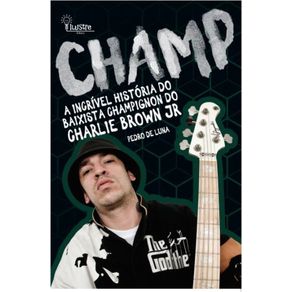-
DEPARTAMENTOS
- ANIMAIS DE ESTIMAÇÃO
- ARTES
- AUTO AJUDA
-
BEM ESTAR E LAZER
-
CATEGORIAS
-
-
CULINÁRIA E GASTRONOMIA
-
CATEGORIAS
-
-
ESPORTES
-
CATEGORIAS
-
- INFANTIL
-
RELIGIÃO
-
CATEGORIAS
-
- ADMINISTRAÇÃO E NEGÓCIOS
-
CIÊNCIAS BIOLÓGICAS E NATURAIS
-
CATEGORIAS
-
- DIREITO
- ECONOMIA
-
MEDICINA
-
CATEGORIAS
-
-
TODOS DEPARTAMENTOS
-
INTERESSE GERAL
-
LIVROS TÉCNICOS
-
- DISCIPLINAS
- ACESSÓRIOS
- FORMATURA
- PAPELARIA
Cowboys, Lawmen, and Outlaws
Cód:
491_9781988647326
Cowboys, Lawmen, and Outlaws
Autor:
Editora:
Código:
491_9781988647326
Vendido e entregue por Um Livro
Cowboys, Lawmen, and Outlaws: The Myth of The American PsychePrefaceIn the 1950s westerns were the most popular form of television drama. Saturday mornings were filled with black and white images of Roy Rogers, Gene Autry, The Lone Ranger, and The Cisco Kid. In the evening you had the more adult westerns like Have Gun, Will Travel, Rawhide, and Wanted Dead or Alive. Sprinkled amongst these shows were programs purporting to be about real historic characters, people like Wyatt Earp, Doc Holliday, Bat Masterson, Annie Oakley, and Wild Bill Hickok.Although Gunsmoke’s Marshal Matt Dillon wasn’t real, the Long Branch Saloon was. Of course writer John Meston’s Matt Dillon was much closer to a real cowboy lawman than what was represented by James Arness. William Conrad’s radio version was somehow more real, more colorful, and more dramatic than the whitewashed television version even though the stories were similar. Perhaps it’s just a malleable memory but somehow radio always felt more real, more vivid, and more present than television. Television turned everything into pabulum; even fascinating gritty historical characters were turned into cardboard-cutouts designed for the front of cereal boxes featuring the soft mushy historical mess that lay inside. The difference between cowboys, lawmen, and outlaws was merely a cheap metal badge: most often these designations were interchangeable with men easily moving from marshal to villain and back with the deal of a card.When we think of the Old West, it seems like ancient history, but historically it was yesterday. Many of the characters of the post Civil War Old West lived well into the twentieth century: Bat Masterson died in 1921 and Wyatt Earp didn’t pass-on until 1929. Josie Bassett, one of the Wild Bunch girls managed to hang-on until 1963 and she only died then because she got kicked in the head by a horse. History doesn’t end with an era, r
Veja mais


































